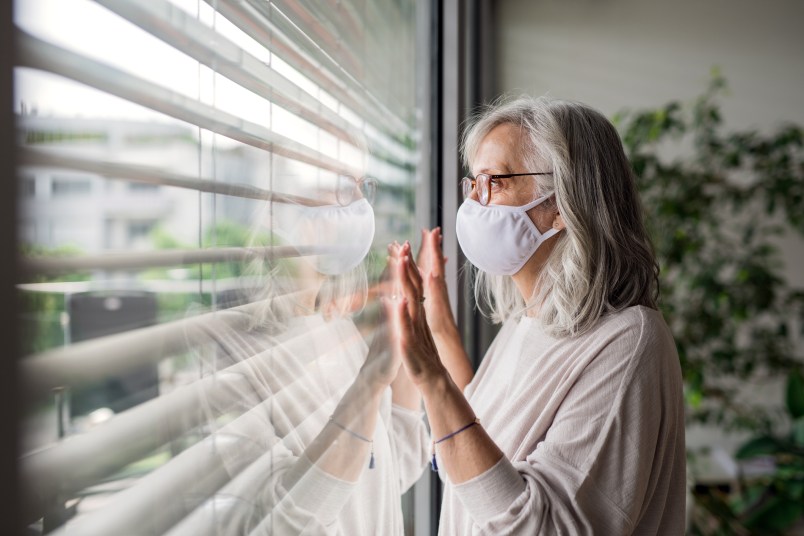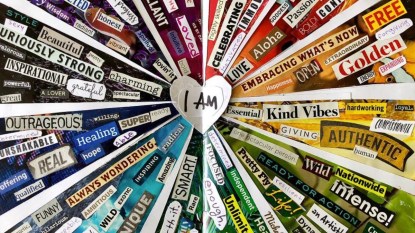6 Ways to Overcome Pandemic Depression and Find Joy Again

Life has shifted in so many ways, big and small. For those suffering from pandemic depression, these uncertain times have brought immeasurable sadness. Our experts share ways to heal the hidden grief.
Honor invisible loss.
Since the Covid-19 pandemic began, we’ve been suffering silent grief, not only for the world but for smaller losses, from upended routines to canceled plans, says grief educator Christina Rasmussen, founder of The Life Reentry Institute and author of Second Firsts and Where Did You Go? “Our grief over the life the virus took away is sending us to a kind of collective ‘waiting room,’ where our mind is stuck between the past and this ‘new normal.’” Just recognizing that our feelings are valid helps us free ourselves from this uneasy limbo and begin to hope again.
It’s okay to feel pain.
It could be worse. I should be grateful. It’s easy to downplay grief, but that only intensifies the pain, says psycho therapist, speaker, and grief advocate Megan Devine, author of It’s OK That You’re Not OK. She explains that a faux-happy facade “weaponizes gratitude” against ourselves. Being aware of this tendency lets us interrupt thoughts that seek to minimize grief. If you find yourself silencing the pain, try to come up with a replacement thought. “Not having a replacement thought is like trying to quit smoking without having something else to do with your hands.” You might say, for example, I’m going to honor how I feel. This helps flip the script from hurt to healing.
Soothe future hurts.
It can feel like we’re in a state of slow-motion, mourning for the future we thought we’d have. “Anticipatory grief is the dread of what’s on the horizon,” says speaker and grief expert Claire Bidwell Smith, LCPC, author most recently of Anxiety: The Missing Stage of Grief. But we can find solace in a surprising place: collective grief. “There’s something beautiful about knowing we’re all going through this together and we’re all going to come through it together.” Simply remembering you’re not alone soothes fear about the future and helps you find meaning in the moment.
Celebrate the new you.
You’re not the same person you were when the pandemic began. “Each loss we experience shifts the way we see the world,” says Rasmussen. In a way, grief creates a new identity we need to honor. “Jot down things that you feel are no longer part of you, from a dream you let go of, to the end of a relationship. Then start a new list of what you’re gaining — the hobby you began or volunteering you discovered.” Just as vital as mourning the loss of your old self is celebrating who you’re becoming.
Find comfort in ritual.
Any habit turned to a healing purpose can become a ritual that helps us thrive. One such ritual Devine finds comforting is taking a “beauty walk,” looking for, say, all the dahlias in her neighborhood. “Actions like this aren’t solutions to loss, they’re companions, making invisible feelings visible.”
Tap true resilience.
“It’s helpful to define resilience as allowing yourself to be human, to ferociously take care of yourself the best way you can,” says Devine. “That could simply mean letting yourself nap — resting is an act of resilience. It’s about finding anchors in a storm.” A powerful anchor Devine discovered when she was grieving a loss was kindness: “I taped encouraging notes to restroom mirrors. Small acts that let you reclaim something good help you hold on to joy.”
This story originally appeared in our print magazine.













